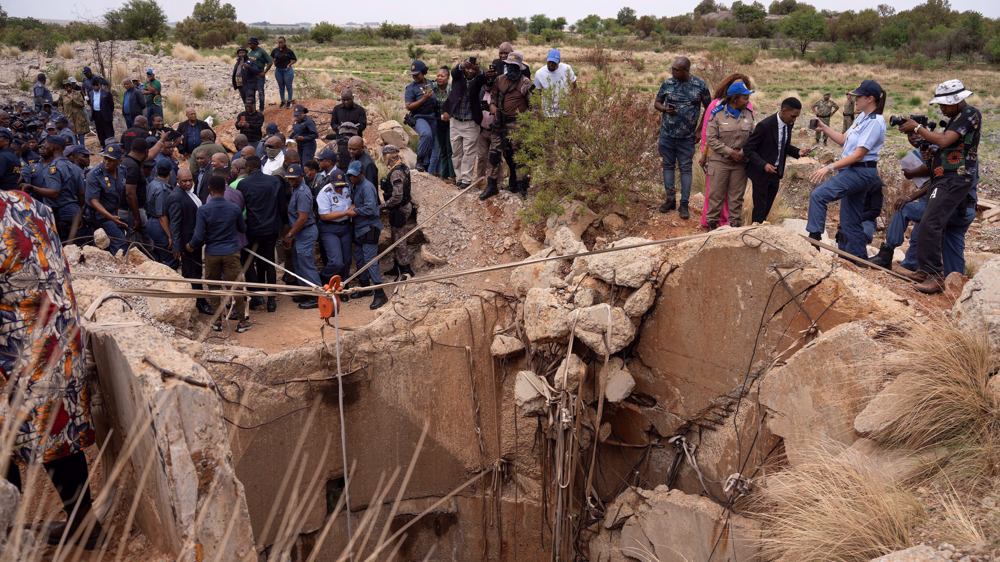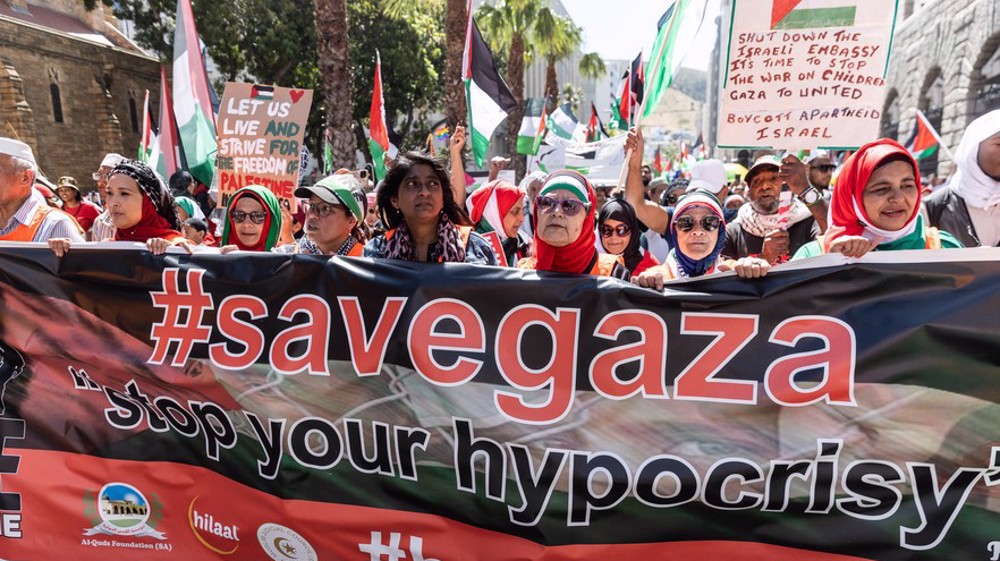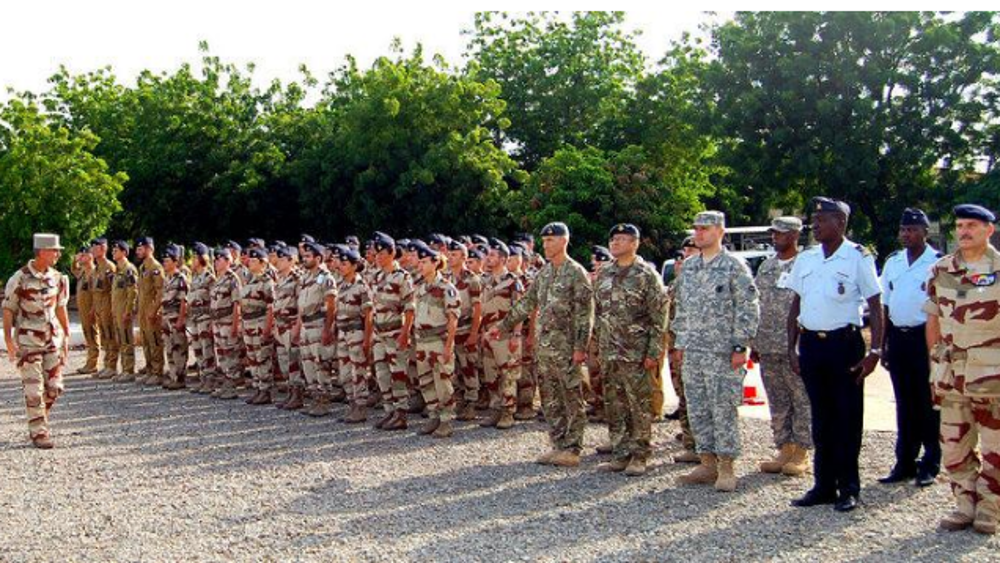DR Congo's ruling coalition, opposition both claim to win chaotic election
The Democratic Republic of the Congo's ruling coalition and opposition have both claimed victory in the country’s chaotic presidential vote, which is meant to choose a successor to President Joseph Kabila.
Vital Kamerhe, the campaign manager to opposition candidate Felix Tshisekedi, said on Monday that counting showed Tshisekedi and the other main opposition candidate Martin Fayulu neck and neck in the lead, both with over 40 percent of the vote. He said the ruling coalition candidate, Emmanuel Ramazani Shadary, who is backed by Kabila, had only about 13 percent.
This is while Nehemie Mwilanya, Kabila's chief of staff and a member of Shadary's campaign, told a news briefing that he was confident Shadary had won. "For us, victory is certain."
This comes as vote counting is underway in the DR Congo's long-delayed election. The first partial results are expected from the national electoral commission (CENI) on Tuesday.

In the capital Kinshasa, the internet has not been working since the morning while it is also down in the key eastern cities of Goma and Lubumbashi. Fayulu's campaign team accused the government of ordering the shutdown to avoid broadcasting their candidate's "overwhelming victory."
Fayulu has said that the opposition will not accept a ruling party victory.
"I cannot see how Mr. Shadary can win. I doubt anyone will have the courage to proclaim Shadary as the winner. It will be a provocation,” he said.
The competing claims followed a disorderly election day on Sunday in which many Congolese were unable to vote due to an Ebola outbreak, logistical problems and conflicts. The elections were held after two years of delays, crackdowns and political turmoil across the African country.
Opposition leaders have complained of widespread irregularities, including several instances of what they said was outright fraud in Shadary's favor.

Some Western diplomatic sources said nearly half of polling places opened late, 30 percent encountered problems due to malfunctioning voting machines or absent voter rolls and 10-15 percent were located in prohibited zones like police posts or private residences.
Any disputed outcome could lead to a repeat of the violence that followed the 2006 and 2011 elections and a wider security breakdown, particularly along Congo's borders with Rwanda, Uganda and Burundi, where dozens of armed militia are active.
Kabila, who took over from his assassinated father Laurent in 2001, is stepping down after 18 years in office. He has promised DR Congo's first orderly transfer of power since it gained independence from Belgium in 1960.
Hamas thanks Iran, Resistance Front following achievement of ceasefire in Gaza
'Capitulation': Israeli officials and media concede Gaza defeat as truce unfolds
'Gaza has won': Social media users react to ceasefire with mix of relief, joy
Iran seeks South Korea’s assistance for AI, fiber-optic projects
VIDEO | Iran's 'Eqtedar' (Power) maneuver
Israel hits HTS military target in Syria for 1st time since fall of Assad
VIDEO | Press TV's news headlines
Israel has slaughtered 13,000 students in Gaza, West Bank











 This makes it easy to access the Press TV website
This makes it easy to access the Press TV website